Part of what made Seinfeld such a reliably enjoyable show is that little about the characters or the premise ever changed. It was "the show about nothing," after all. Four friends, each with their own distinct character traits, all single, navigate the social landscape and dating world of New York City, getting into different jams each week and trying to wiggle their way out of them. That's pretty much it, every single episode.
On occasion, however, Seinfeld tampered with the dynamics of the show by changing character relationships, storytelling patterns, and locales. Here are just a few examples of episodes that break with the norms of the series.
10 The Deal
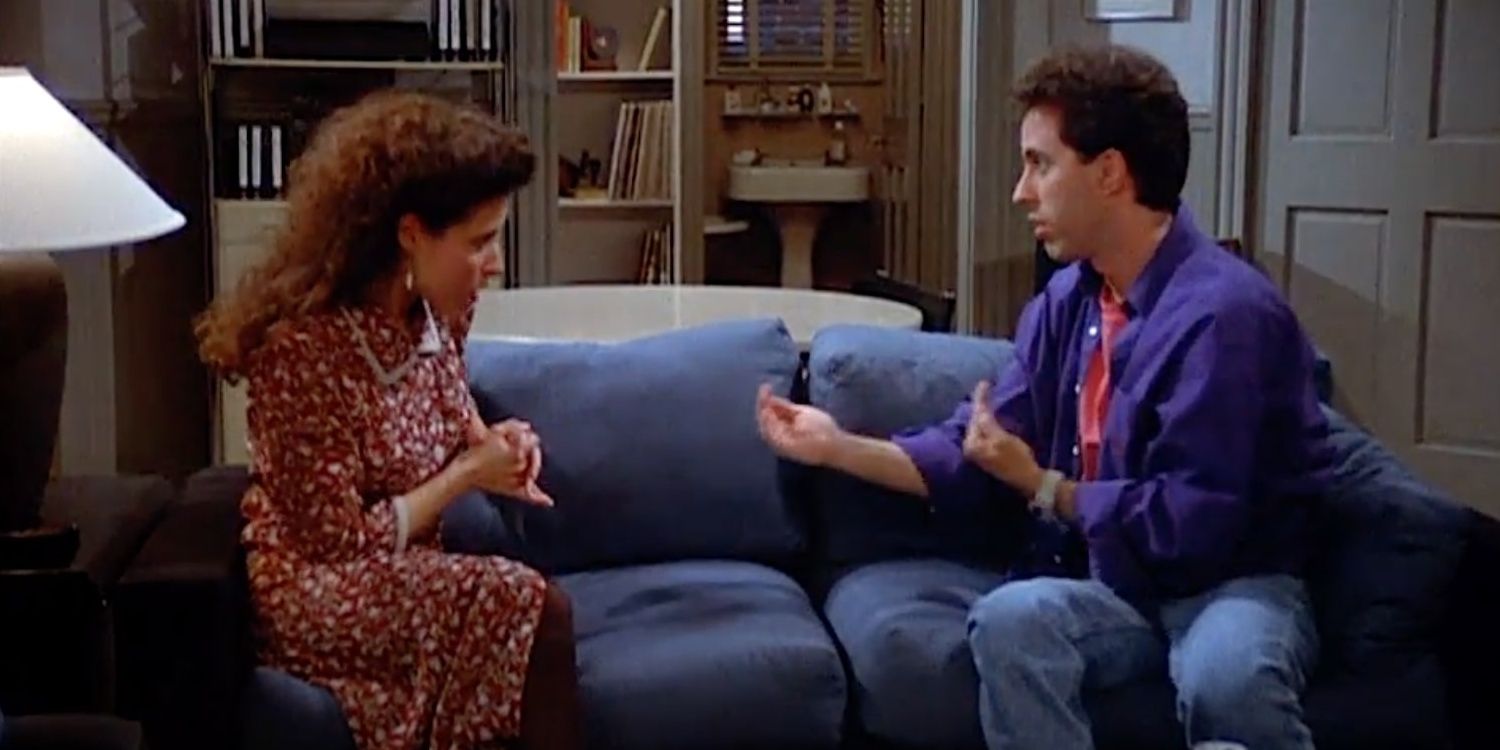
It's established in the second episode of season one that Jerry and Elaine are an ex-couple who choose to remain friends. In season two's "The Deal," however, the writers experimented with the idea of Jerry and Elaine rekindling their old flame.
In the beginning, they establish a "friends with benefits" arrangement, and by the end, they're a couple again. With no follow-up or explanation, they were somehow broken up again in the next episode, "The Baby Shower."
9 The Chinese Restaurant
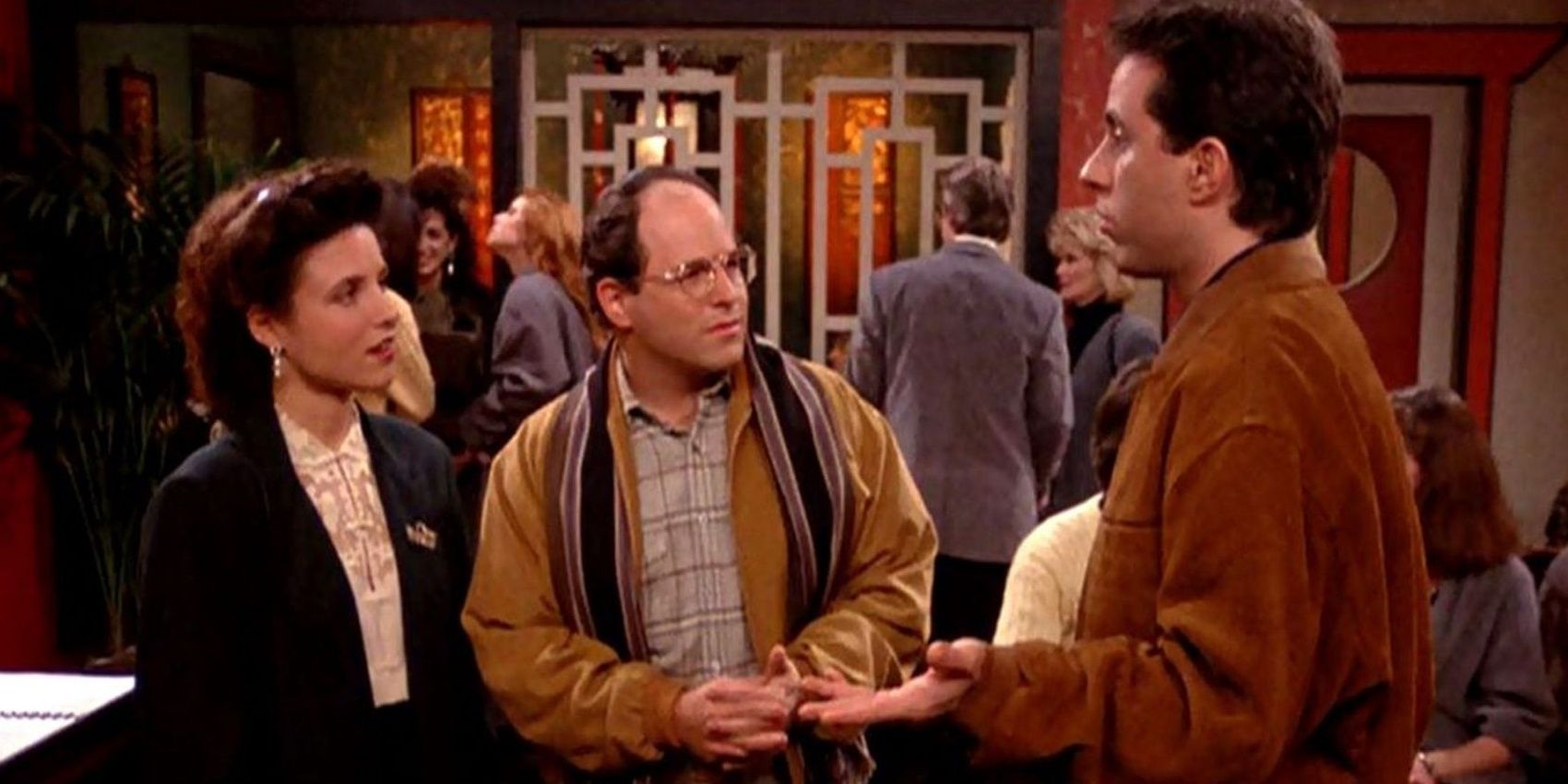
Season three's landmark episode, "The Chinese Restaurant," is one of two "bottle episodes" in the series' history, meaning it takes place entirely in one location. During the episode, Jerry, George, and Elaine get into trouble while waiting to be seated at a Chinese restaurant.
Apart from the location, this episode is also unique in that it does not feature the beloved Cosmo Kramer. This is because, at this early stage in the show's development, Kramer was a shut-in who never left his apartment building. Therefore, there was no place for him in an episode with no scenes in the apartment building. As the show progressed, it became clear there were loads of great story opportunities to explore with Kramer, and so he was allowed to leave his apartment after all.
8 The Stock Tip
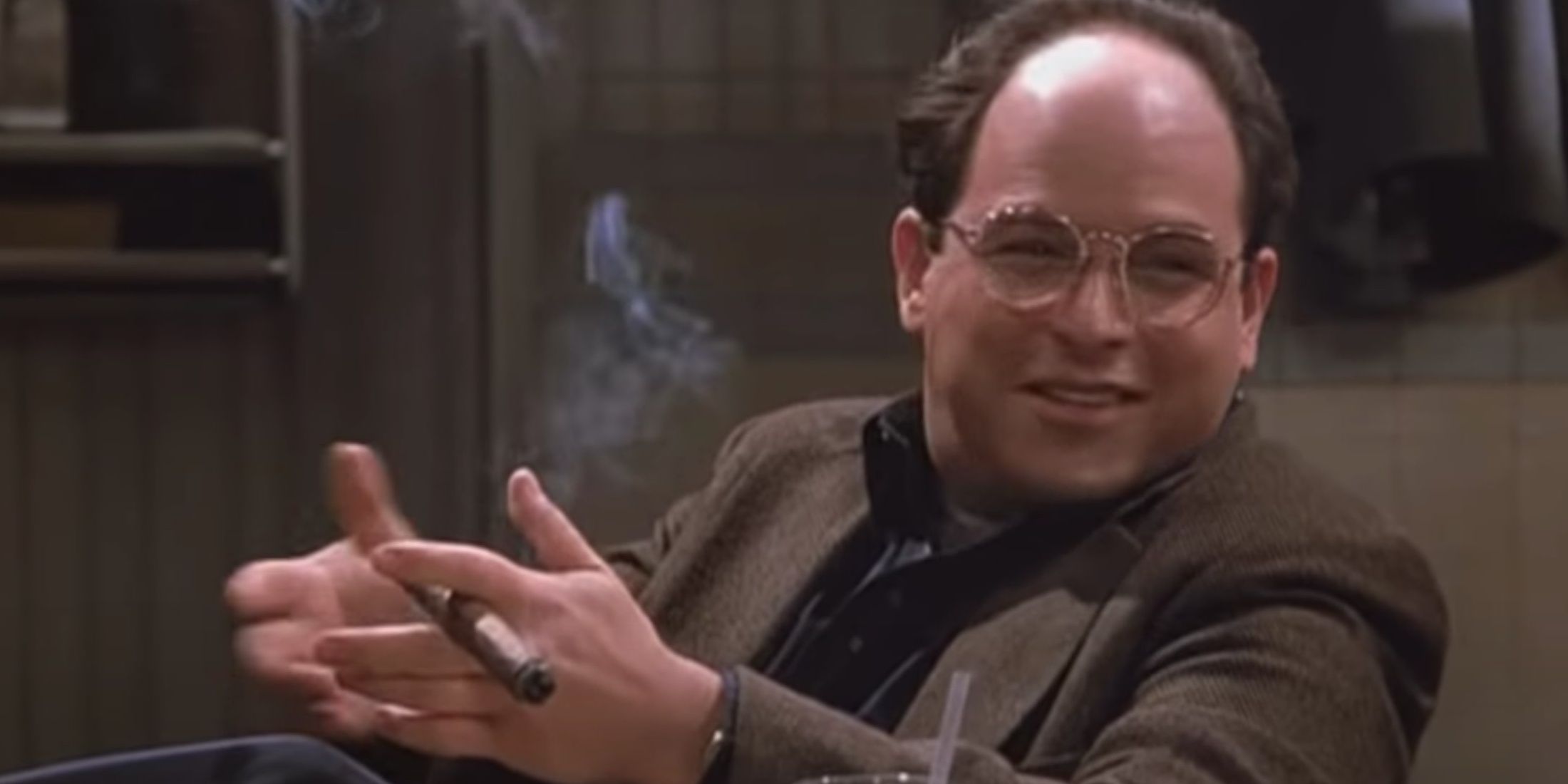
The final episode of season one is "The Stock Tip," in which George convinces Jerry to invest in a stock based on some inside advice he's received. Jerry backs out, but George hangs onto the stock until it skyrockets, netting him a nice $8,000 windfall.
The episode ends with George celebrating by smoking a cigar and treating his friends to dinner. This is arguably the only episode in which George, the series' perennial fall guy, emerges a winner.
7 The Keys
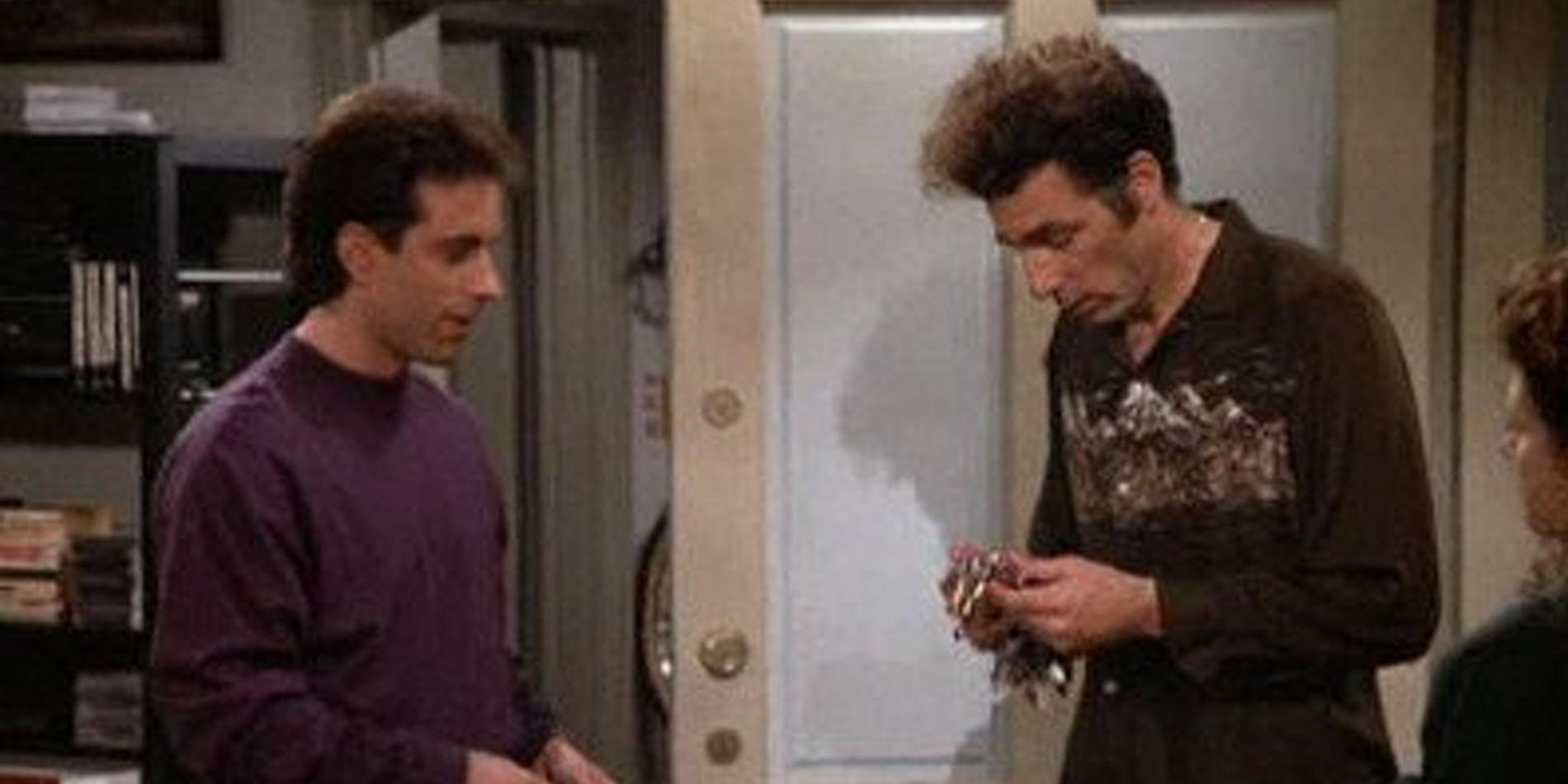
"The Keys" is the season three finale in which Jerry and Kramer have a falling out. Jerry asks Kramer to return the keys to Jerry's apartment, which insults Kramer, who then moves to Los Angeles to pursue an acting career.
Breaking up a friendship between two of the core four characters was a major departure from Seinfeld's pleasant, carefree style. This was an especially risky choice, as it wrapped up the third season, leaving fans uncertain as to what Kramer's future role on the show would be.
6 The Trip
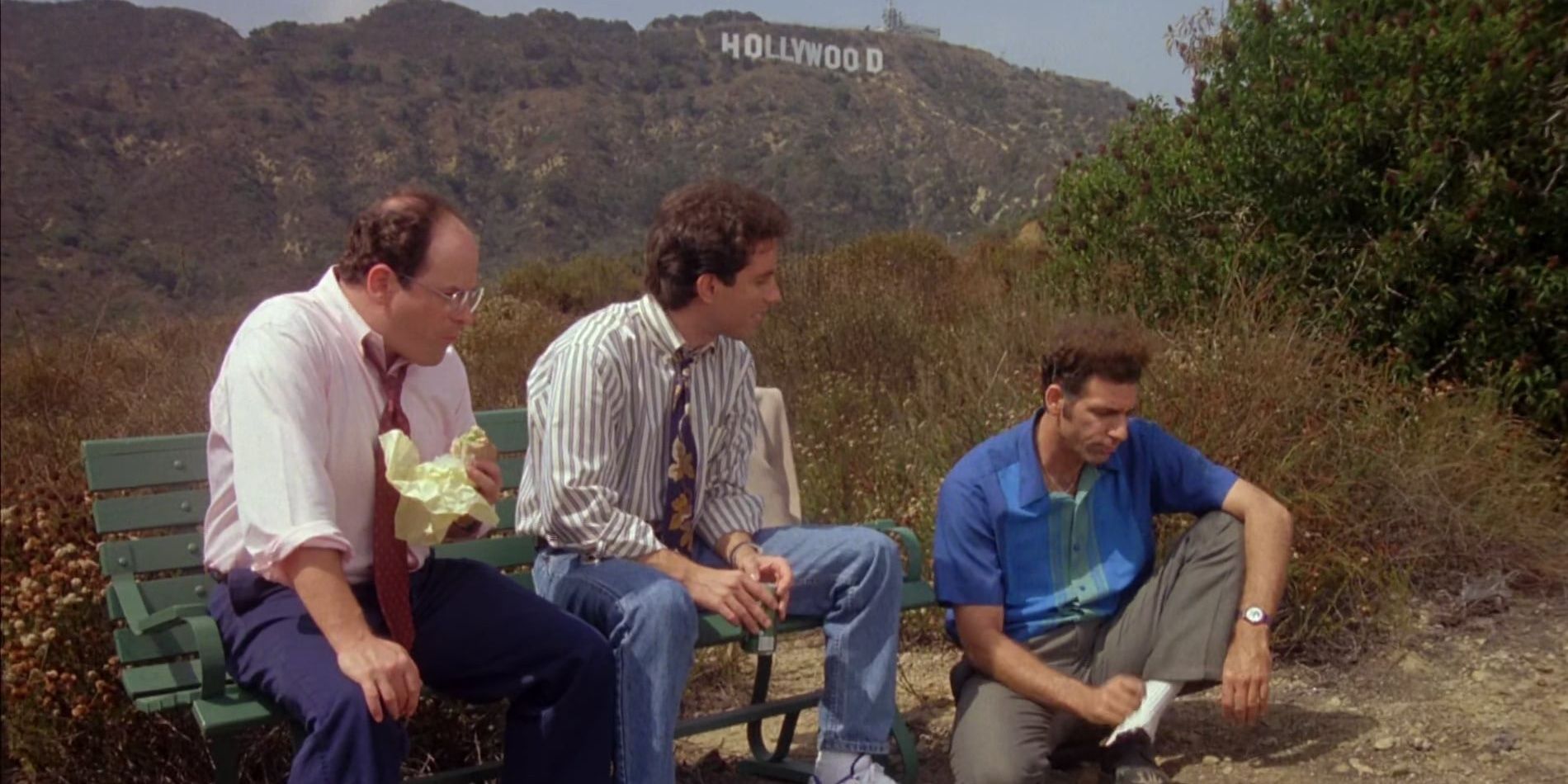
"The Trip" is a two-part episode aired over two nights that kicks off season four, when Jerry and George fly to Los Angeles for Jerry's Tonight Show appearance and re-unite with Kramer while they're out there.
Though Seinfeld was filmed on L.A. sound stages, this is the only episode to take place in Los Angeles. It's also the only episode, besides the pilot, not to feature Elaine. This is because Julia Louis-Dreyfus was on maternity leave at the time the episode was produced, and so she had to be written out.
5 The Betrayal
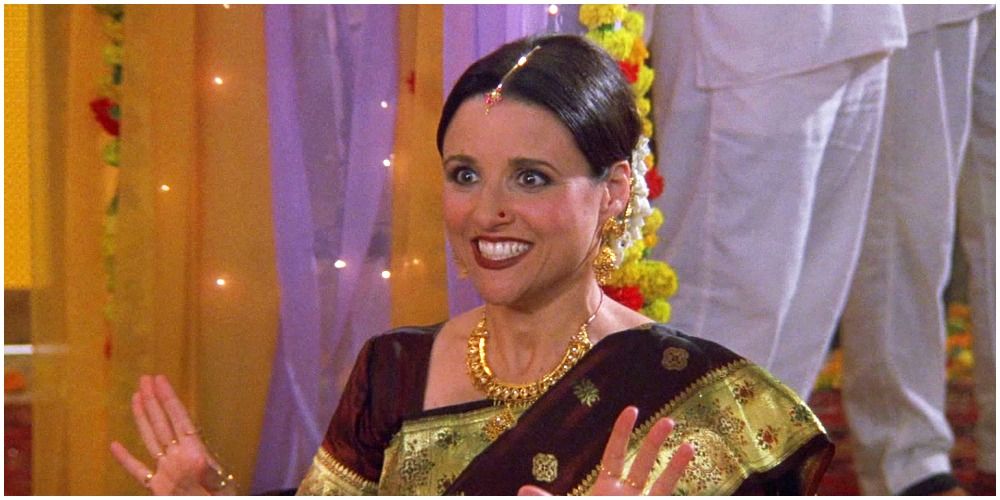
"The Betrayal" isn't considered among the series' best episodes, but it's certainly unique unto itself. The story is told in reverse chronological order, beginning at the end when the gang return from India, where they were invited to Sue Ellen Mischke's wedding.
At the "end" of the episode, the audience sees the first time Jerry and Kramer ever meet, "11 years earlier," as the title card confirms. Jerry arrives at his new home and invites Kramer in for pizza - and his life would never be the same.
4 The Tape
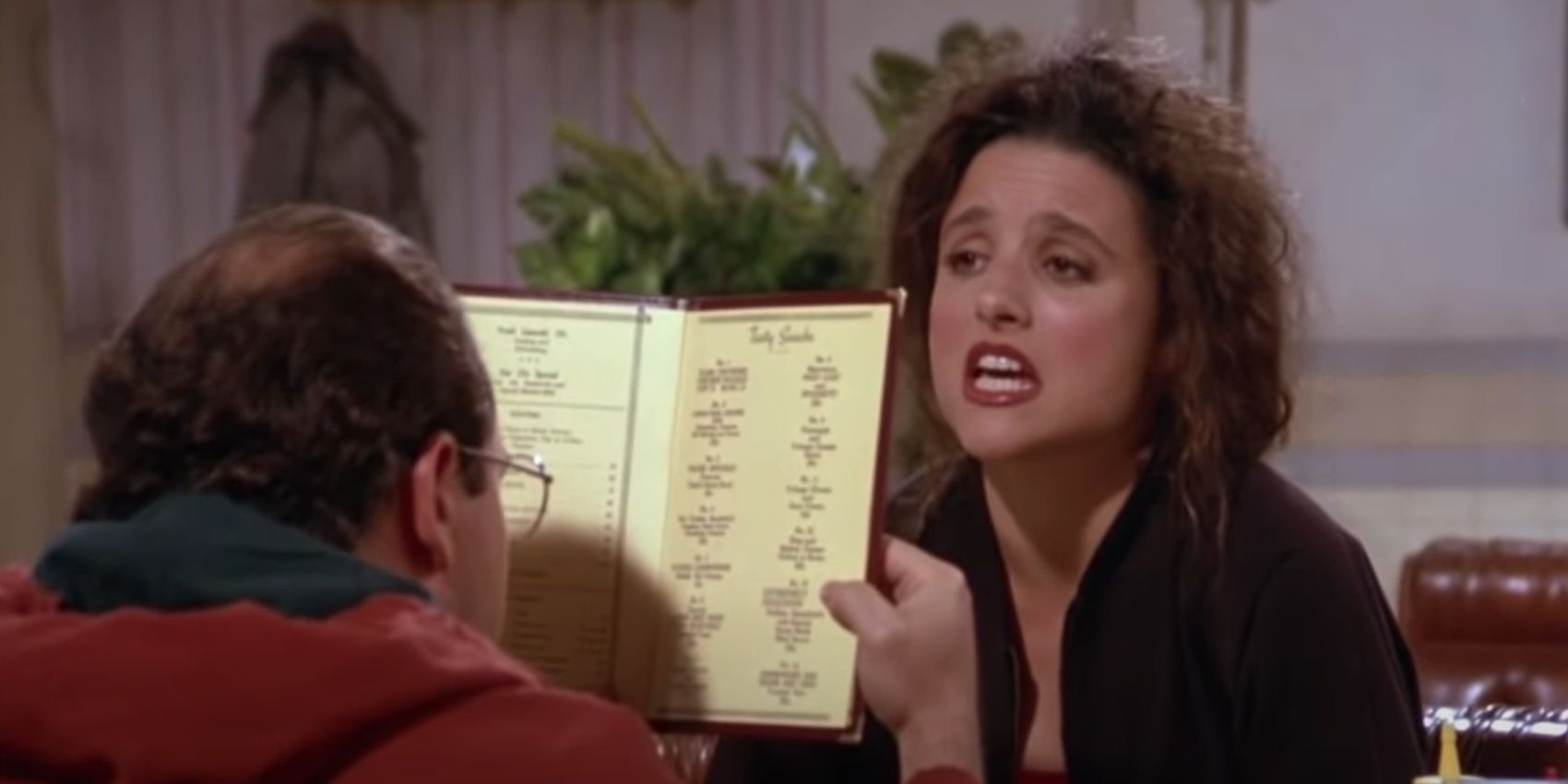
Part of what made Elaine Benes such a significant character in American television is that her friendly, platonic rapport with her male friends defied gender stereotypes and made her fit in as just "one of the guys." In "The Tape," however, George, Jerry, and Kramer become attracted to Elaine after finding out that she left an erotic message on Jerry's tape recorder as a prank.
This is another rare example of an episode that tweaked the social dynamics between the four friends. As the episode ends, Elaine leaves Jerry's apartment, put-off by their attraction to her, and the three men wrestle over the tape recorder with her voice on it.
3 The Pen
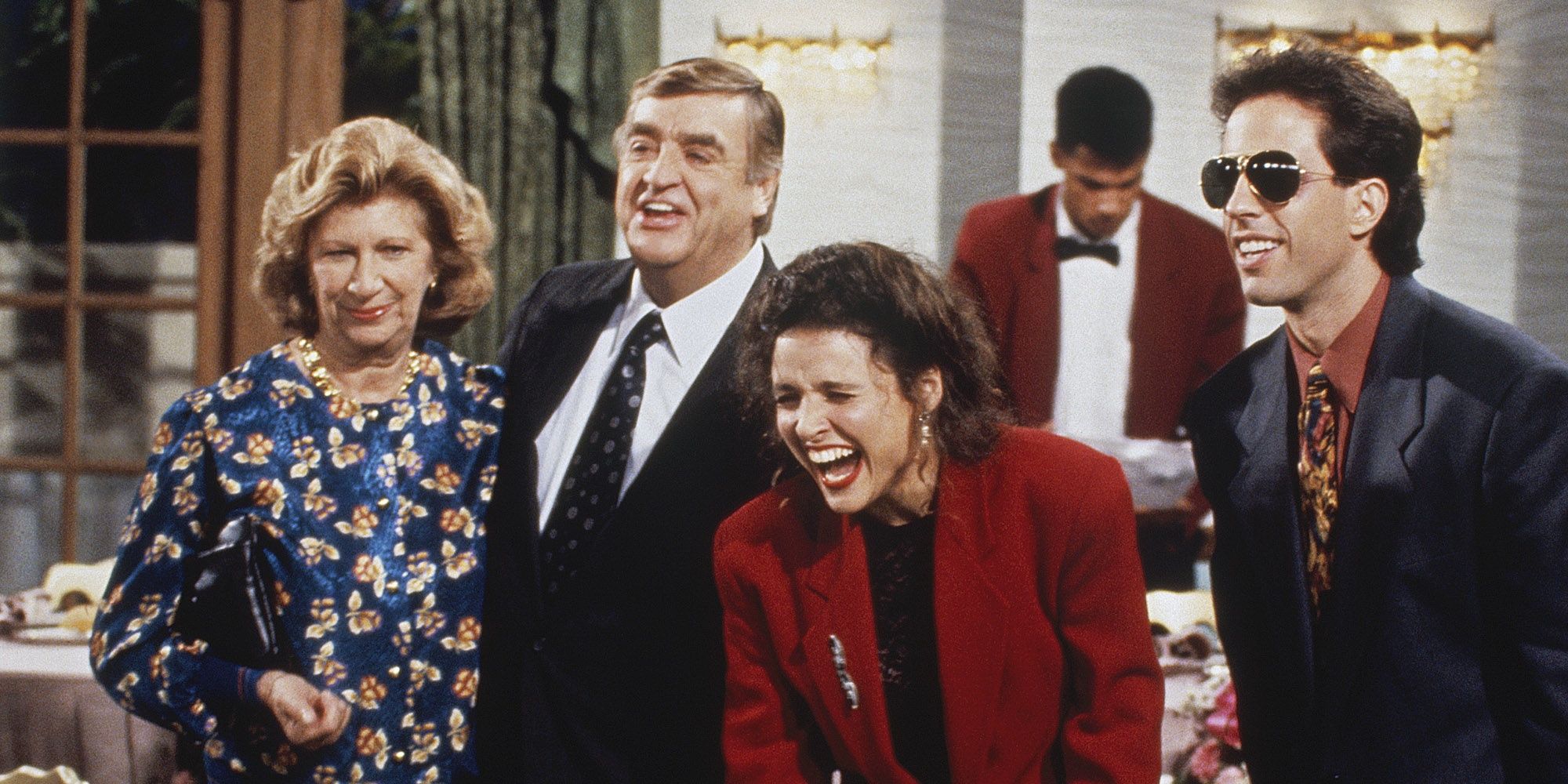
In season three's "The Pen," Jerry and Elaine get themselves in trouble while visiting Jerry's parents at their South Florida condo. This of course wasn't the only Seinfeld episode to take place out of New York, but it was the first. More importantly, it's the only episode ever not to feature George Costanza.
Actor Jason Alexander nearly quit the show because he was so insulted at having being written out of the episode. The show had not become a massive hit yet, and Jason didn't want to work on a show where his character was expendable. Jerry Seinfeld and Larry David agreed never to write him out of an episode again, and they kept their word.
2 The Race
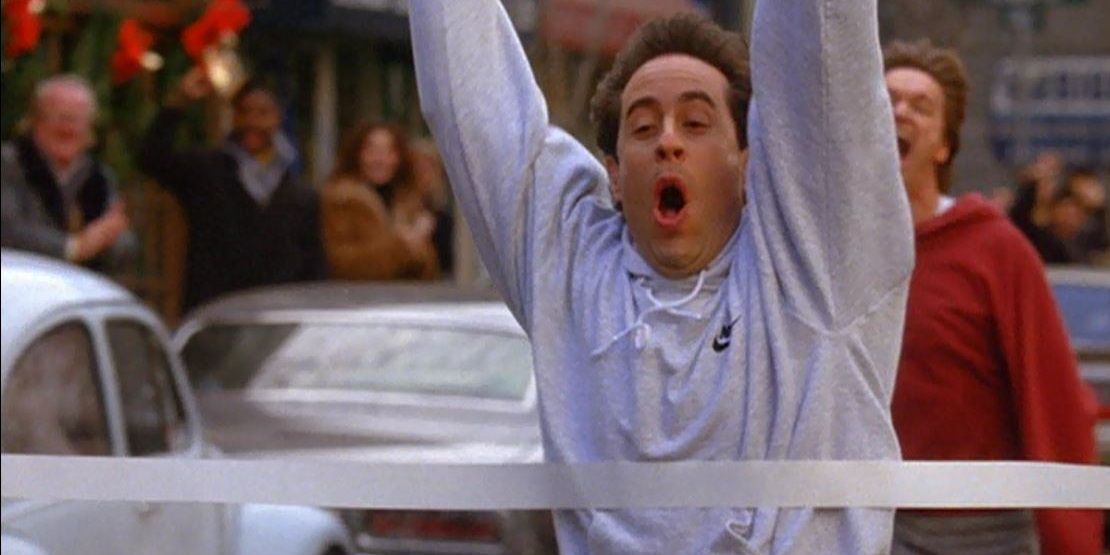
Happy endings are few and far between on Seinfeld, as most of our heroes' schemes end in disaster. "The Race," though, find Jerry winning a rematch of a high school footrace, and with it, the heart of his new girlfriend, Lois.
This episode leans in hard to Jerry's Superman obsession. The final moments of the show feature the famous Superman score in the background, as Jerry has just once again defeated one of his arch nemeses.
1 The Invitations
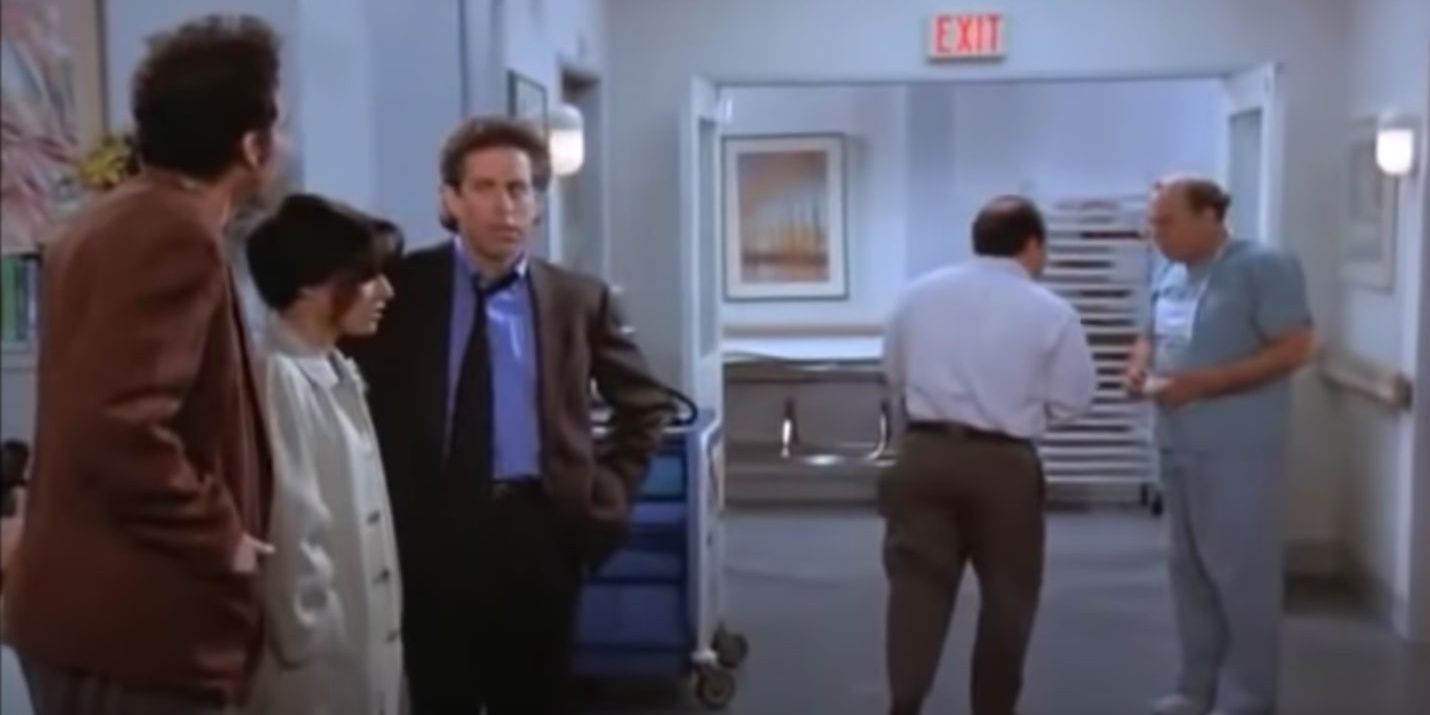
"The Invitations" is arguably Seinfeld's most controversial episode, perhaps even more so than the polarizing series finale. It's the final episode of season seven, the story arc of which is George's engagement to Susan Ross. George insists on purchasing the cheapest wedding invitations possible, which contain toxic glue on the envelopes.
After licking one envelope after the other, Susan faints and later dies. Killing off a major character on a friendly and mostly benign sitcom was a major choice that alienated many of the show's viewers. Audiences expected George's engagement to somehow go sour, but few, if any, predicted this.
from ScreenRant - Feed https://ift.tt/2NGywSD





No comments: